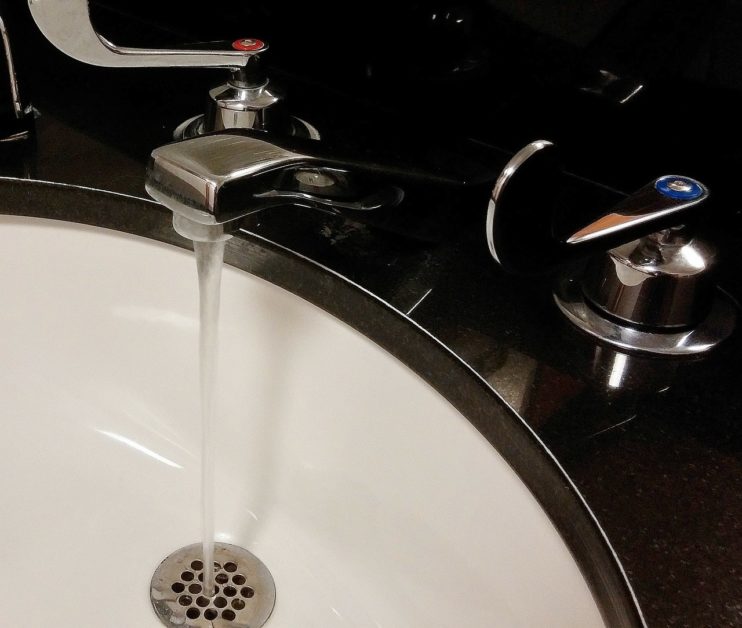Maintaining Home Water Quality

With so many stories in the news these last few years about municipal water supplies sickening residents, it’s understandable if you’re eyeing your shower head or kitchen tap a bit warily. Let’s look at a few common problems with your home water supply, and how you can solve each with help from Ace Plumbing.
Common Water Issues
If you’re concerned with contaminants in your water, there are several home testing kits available. The average homeowner typically won’t know something is wrong until one of the following happens.
My Water Smells / Tastes Funny
This is one of the most common complaints we hear from Sacramento homeowners, and if you live outside our service area, you’ve probably had some variation on this complaint yourself. Tap water can emit many different smells, including the pungent aromas of rotten eggs, fish, and wet dog. You may even turn on your shower and be greeted by the scent of a summer rainfall. What gives?
Most of these smells are caused by bacteria. The problem won’t usually be your municipal water supply (which is treated to kill microorganisms), but your hot water heater. Bacteria thrive in warm, damp places, and your water heater is no exception.
If you’re smelling a metallic smell, this could indicate an issue with your pipes or the tank in your water heater. Smelling chlorine? This is one smell that usually goes back to your municipal supply, especially when you’re noticing it whether the water is running hot or cold.
And since smell and taste are closely related, you may notice that your water tastes odd as well as — or instead of — smelling funny. The same culprits apply in either case.
My Water is Discolored
Water discoloration is most often caused by deposits of iron and magnesium in the mains. If work has been done on a main, or if usage patterns change from low use to high use, it stirs up these sediments and you’ll see them in your tap water. It should be temporary, but if it persists, contact your water company.
Cloudy water is caused by a pressure differential. When water leaves your tap under pressure, there’s tiny air bubbles trapped inside. The science behind this (as explained in a short article by Scientific American) is fascinating.
Solving Your Water Woes
Before you go investing in pallets of bottled water, let’s take a closer look at some of the things you can do to improve indoor water quality.
- Keep plumbing — especially faucets, aerators, and shower heads — clean on a regular basis
- Clean and disinfect your sinks, drains, and garbage disposal, since smells from dirt and decomposition can sometimes make it seem like your water smells
- Keep your drains clog-free
- Only use hot water for showering, dish washing, and personal hygiene, using cold water for drinking and food prep
- If you’re remodeling, use the opportunity to replace your outdated plumbing with certified lead-free pipes and fixtures
- Flush your taps periodically by running cold water for about five minutes, especially if you’ve been away from home or have had plumbing work done
- At least once a year, drain and flush your hot water heater, calling for water heater repair if you’re not sure how to do it yourself
- Keep any sources of bacteria or hazardous materials away from your kitchen faucets
- If you’re connecting something to a faucet, make sure it’s clean
- If you have appliances, filters, or other products (like water softeners) connected to your plumbing, be sure you’re following the instructions for them
If you’re concerned about water quality in your home, drinktap.org is a wealth of resources and advice. Otherwise, a bit of maintenance goes a long way. If it’s an issue you can’t easily solve on your own, or if you make the choice to install a home water filtration system, contact Ace Plumbing for plumbing repairs and installation. The systems don’t come cheap, but their costs should be weighed against the peace of mind they give — and the significant amount you’ll save year after year on bottled water.



